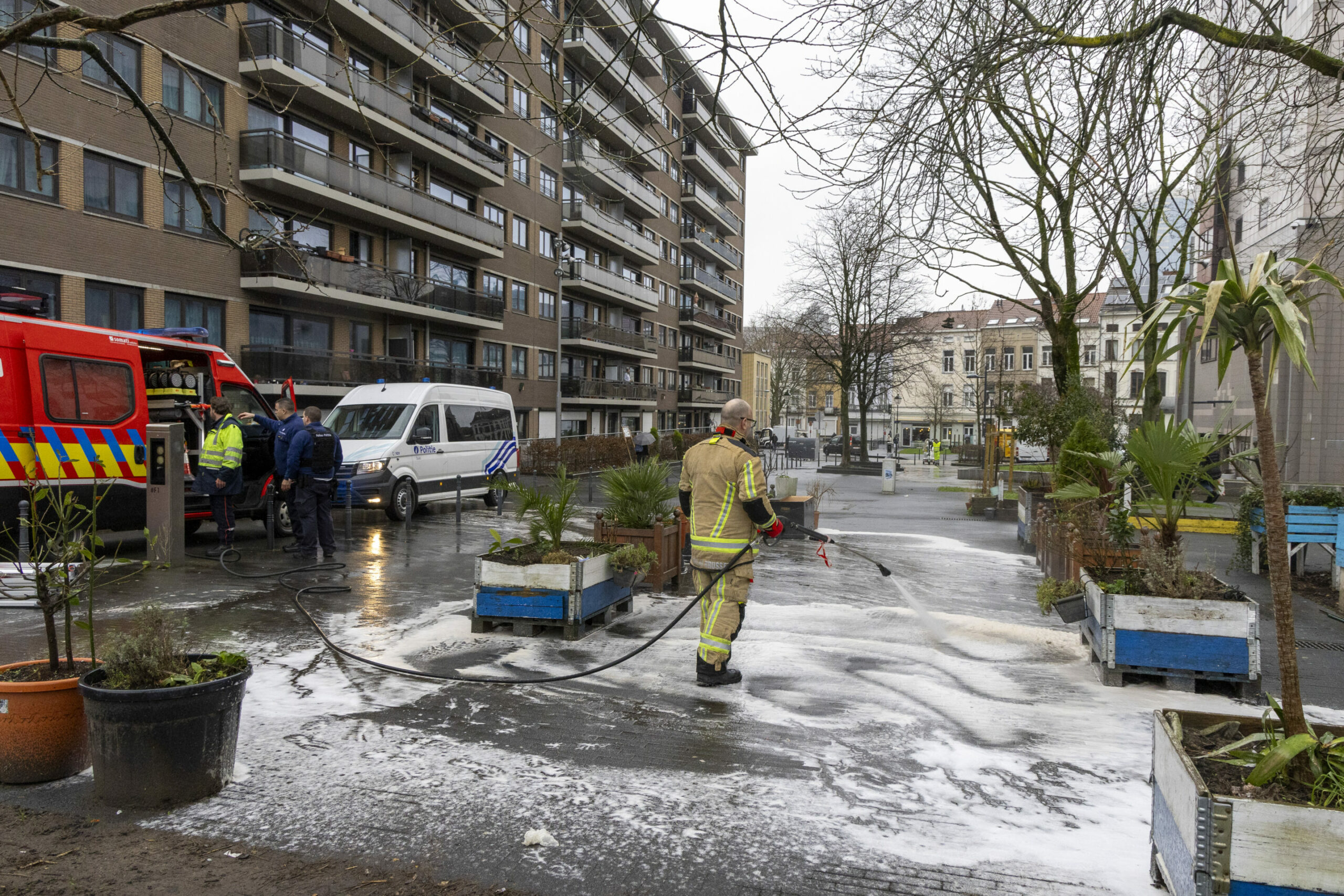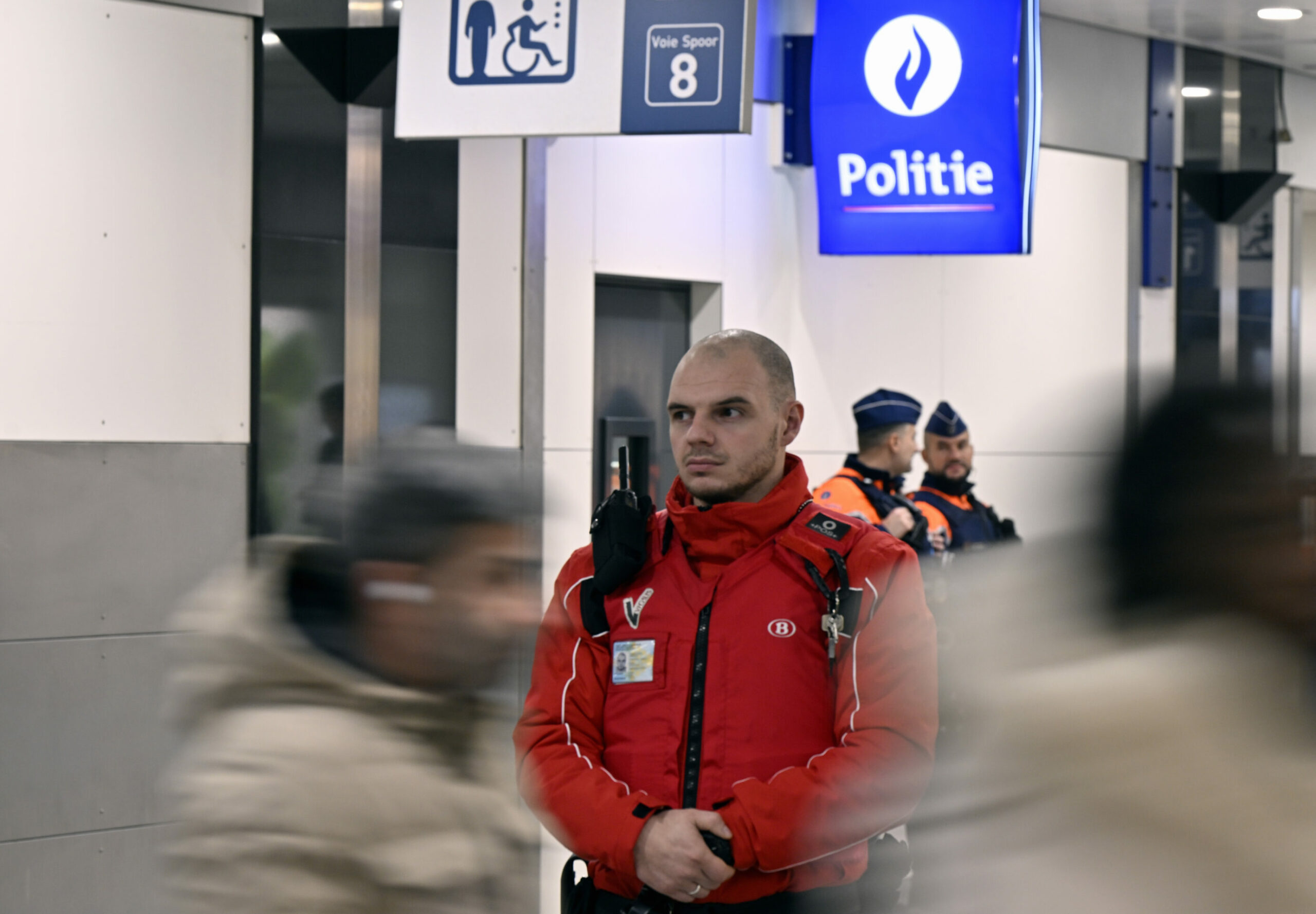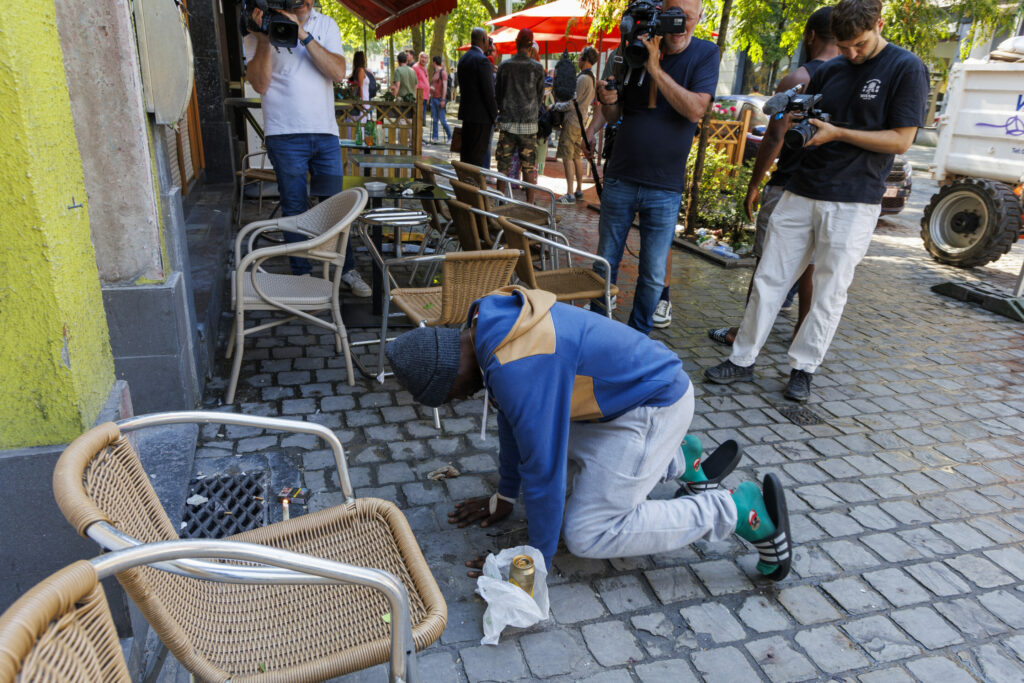Just days before the end of the year, data from the Federal Police reveals that Brussels saw a significant increase in shooting incidents in 2024.
So far, 89 shootings have been registered this year by the Federal Police in the Brussels-Capital Region. This represents a 43.5% increase compared to 2023, with 62 shootings, and an almost 59% increase compared to 2022, when 56 incidents were noted.
Shooting incidents refer to events where several shots were fired in publicly accessible places and/or where a person was injured or killed by a firearm.
The increased number of shootings also resulted in a higher number of victims. This year, incidents involving firearms left 48 people injured – a notable rise compared to the 28 in 2023 and the 26 in 2022.
The number of deaths in a shooting tripled compared to the three deaths in 2022. In 2024, nine people died in a shooting in Brussels, while in 2023 there were four fatal victims.
Drug crime
Just like last week's shooting in Anderlecht – where one person was left injured – most of the incidents are thought to be linked to drug-related violence, a spokesperson for the Federal Police told The Brussels Times.
Belgium's geographical location makes it a strategic and enticing place for the drug market, Belgian Drug Commissioner Ine Van Wymersch told The Brussels Times in July. This has caused an escalation of drug-related violence, particularly around Brussls and the port of Antwerp.

Firemen pictured on the scene where a person was shot and killed at the square Jacques Franck in Saint-Gilles in February 2024. Credit: Belga/Nicolas Maeterlinck.
Back in February, the topic made headlines after four shootings took place within three days around Port de Hal, in Saint-Gilles. Since then, multiple incidents have kept drug violence on the radar; a body found with a gunshot wound in Molenbeek in June or a series of shootings in October near the Aumale metro station in Anderlecht.
However, the federal police underscore that not all shooting incidents in the capital are necessarily related to drugs. In late August for example, a father (57) was shot dead during a home invasion in Ixelles, which also left his wife (57) and son (22) injured.
Hotspots & more police
As part of a crackdown on crime in the city, the Brussels-Capital Region's security council identified 15 "hotspots" in March. These are areas with stricter measures and concentrated police involvement to ensure more security.
While multiple arrests have been made as a result of the strategy, non-profits have warned that the approach can increase the stigmatisation of certain marginalised communities and lead to racial profiling.
Nonetheless, the strategy was extended by six months in early October. A day later, a 16th hotspot was named in Anderlecht, following multiple shootings at the Aumale metro station.

A Securail security guard pictured during the opening of a new police station in the Brussels Midi Railway Station, Thursday 28 November 2024. Credit: Belga/Eric Lalmand
In late November, a police office opened for a trial period at Brussels-Midi train station, as a way to cope with the high levels of crime in the area. Moreover, in the same month, a police check carried out as part of the wider crackdown on crime found heavy firearms in a taxi in Molenbeek.
However, despite the increased efforts, tackling crime in a city with divided police forces and policies is not easy, professor of criminology from UGent, Jelle Janssens, told The Brussels Times in July. "A fragmented security policy makes it very difficult to implement a coherent response."

